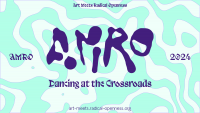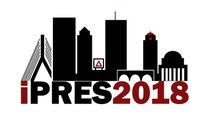 iPRES 2018 – Where Art and Science Meet – The Art In the Science & The Science In the Art of Digital Preservation – will be co-hosted by MIT Libraries and Harvard Library on September 24-27, 2018.
iPRES 2018 – Where Art and Science Meet – The Art In the Science & The Science In the Art of Digital Preservation – will be co-hosted by MIT Libraries and Harvard Library on September 24-27, 2018.
Come celebrate the 15th conference with us at iPRES 2018 in Boston and Cambridge, Massachusetts. We are pleased to announce that iPRES2018’s online registration is now open: https://ipres2018.org/registration. There are workshops and tutorials to sign up for, papers and panels, posters and demonstrations, and more. Watch for updates about the first digital preservation game room, original graphics, lightning sessions, and other programming.
Do note that early bird registration ends June 30. Please contact the registration team if you require any further information regarding your participation at this conference.
The theme for iPRES 2018: where art and science meet: the art in science and the science in art – aims to broaden the voices and approaches participating in the conference. iPRES brings together a broad array of practitioners, researchers, educators, providers, students, and others to share lessons learned from engaging in digital preservation, including recent research, developments, and innovations. MIT Libraries and Harvard Library are co-hosting the conference is in Boston and Cambridge, Massachusetts on September 24-27, 2018.
The iPRES 2018 Organizing Team seeks contributions that tell stories about bridging knowledge gaps in teams, implementing technologies, and overcoming barriers towards proper digital stewarding of digital items, assets, works and collections. Be creative. Be inspiring. Be inclusive. In keeping with the theme, we will embrace creative proposals that demonstrate how research and theory directly impact and influence practice at all levels.
Important Dates
- Optional Abstracts: We encourage authors to submit papers abstracts to receive feedback on your proposal prior to submitting your paper. The iPRES 2018 Organizing Team will provide feedback to submitters for abstracts received between 15 February and 20 March.
- Papers: Full papers for peer review are due by 15 April.
- Submitters will receive review comments by 15 May.
- Revised papers with revisions that address reviewer comments are due 15 June.
- Other peer-reviewed contributions: proposals for posters and demonstrations, workshops and tutorials, and panels are due 15 April.
- Non-peer reviewed contributions: digital preservation games, original graphics, and lightning talks will not be submitted through EasyChair. These contributions will be due beginning in May – watch for details.
- Post-conference revisions: Authors are encouraged to update their papers based on discussions during the conference. These will be due by October 31.
See iPres2018.org for the full text of the Call for Contributions and submission instructions.
See iPres2018.org for the full text of the Preliminary Call for Contributions.



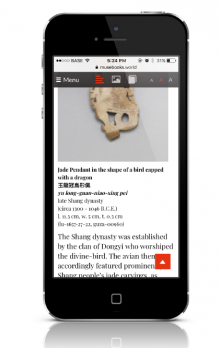
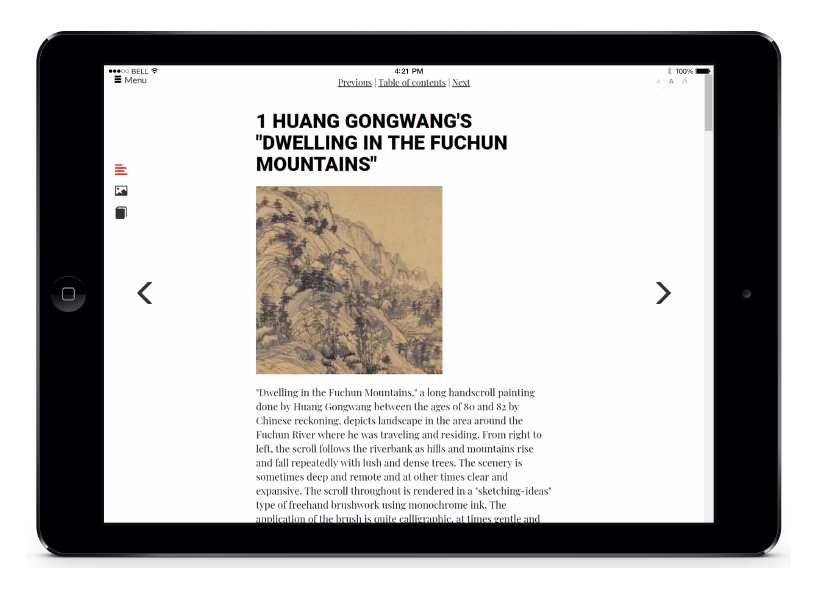

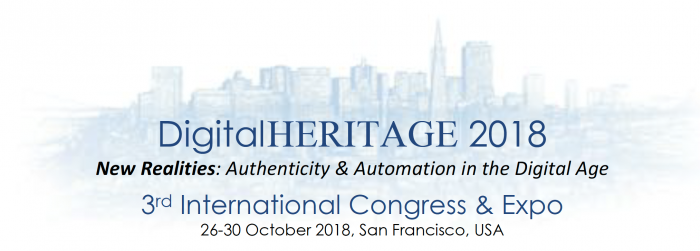
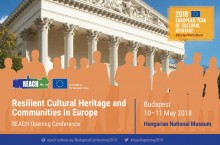
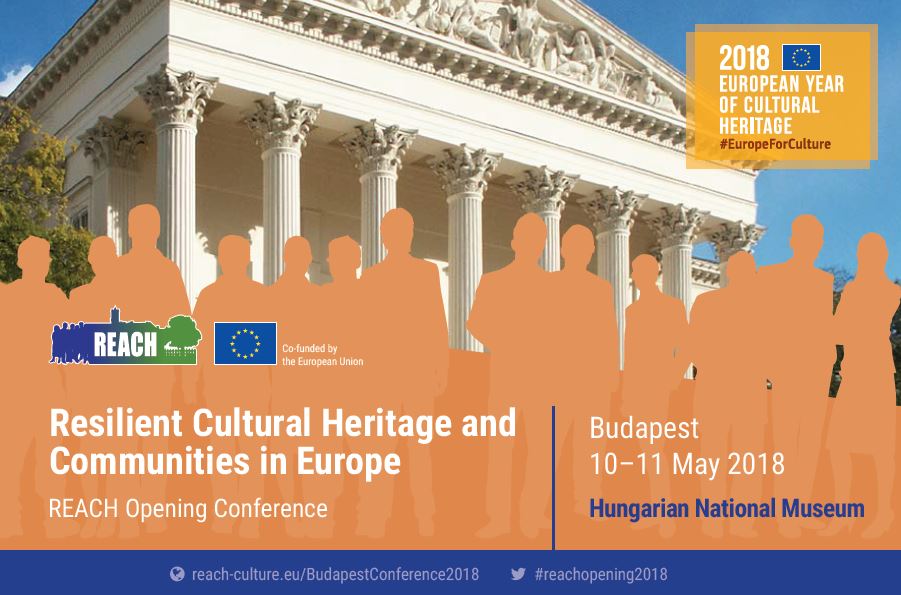
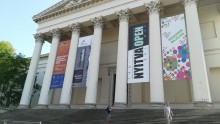
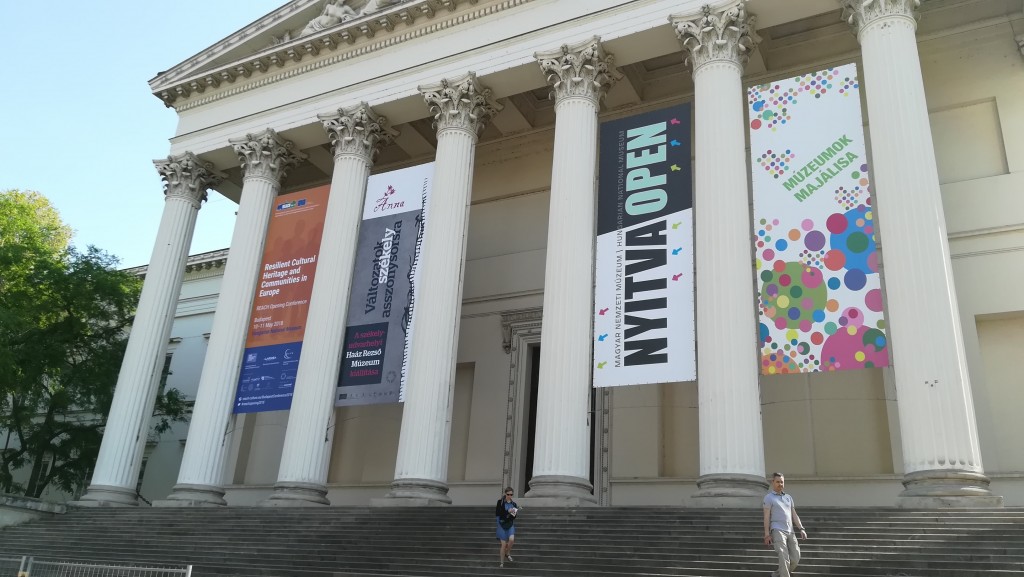
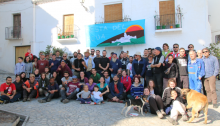
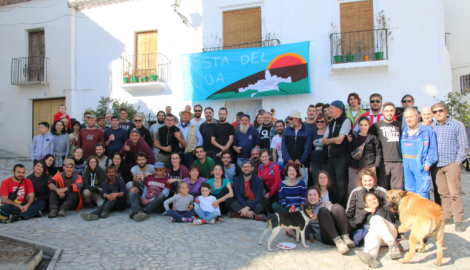
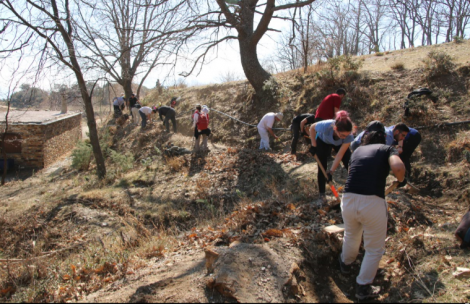
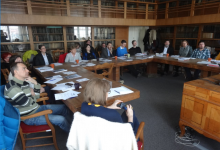
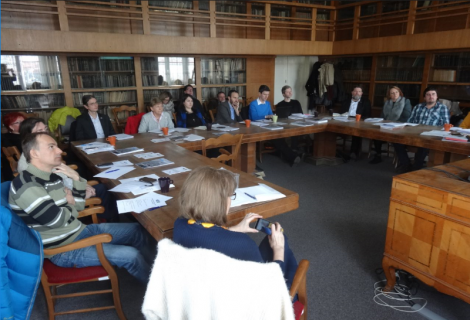
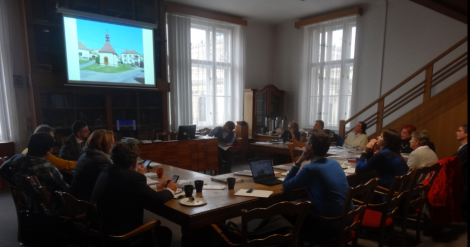

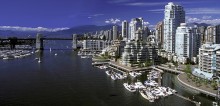
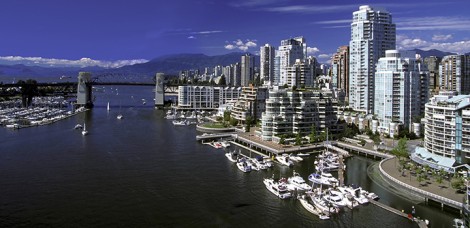
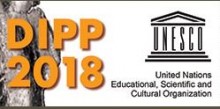
 The Institute of Mathematics and Informatics at Bulgarian Academy of Sciences has the pleasure to introduce the Eighth International Conference on Digital Presentation and Preservation of Cultural and Scientific Heritage-DiPP2018 which aims at presenting innovative results, research projects and applications in the field of digitisation, documentation, archiving, representation and preservation of global and national tangible and intangible cultural and scientific heritage.
The Institute of Mathematics and Informatics at Bulgarian Academy of Sciences has the pleasure to introduce the Eighth International Conference on Digital Presentation and Preservation of Cultural and Scientific Heritage-DiPP2018 which aims at presenting innovative results, research projects and applications in the field of digitisation, documentation, archiving, representation and preservation of global and national tangible and intangible cultural and scientific heritage. If you have interesting news and events to point out in the field of digital cultural heritage, we are waiting for your contribution.
If you have interesting news and events to point out in the field of digital cultural heritage, we are waiting for your contribution.














